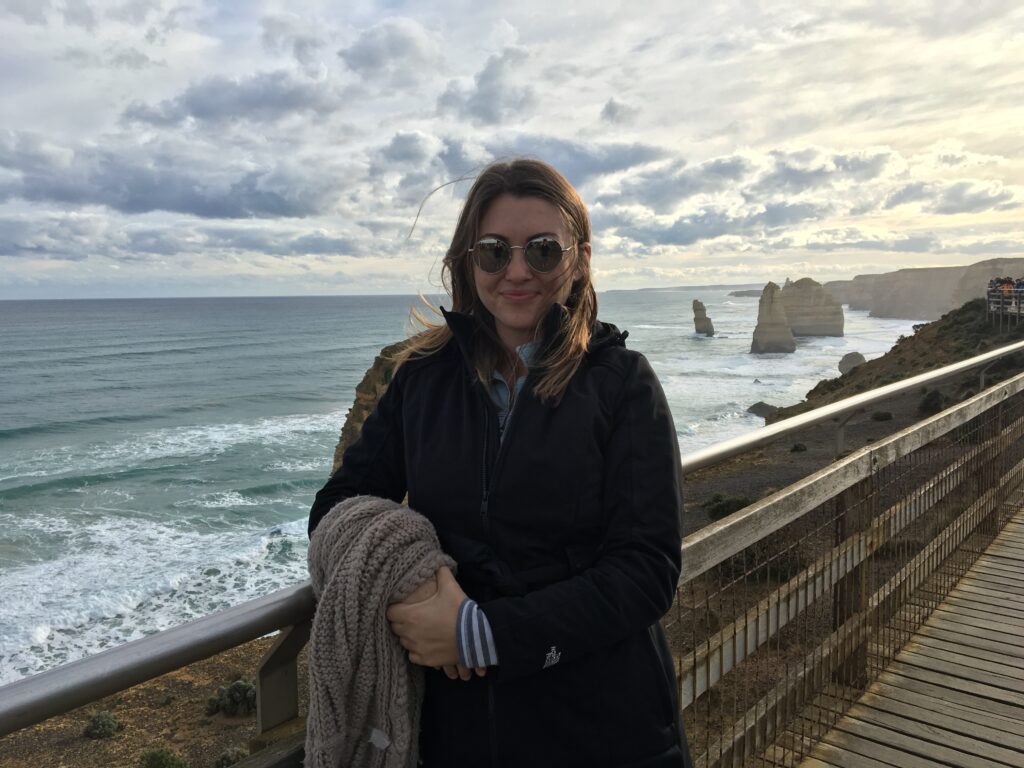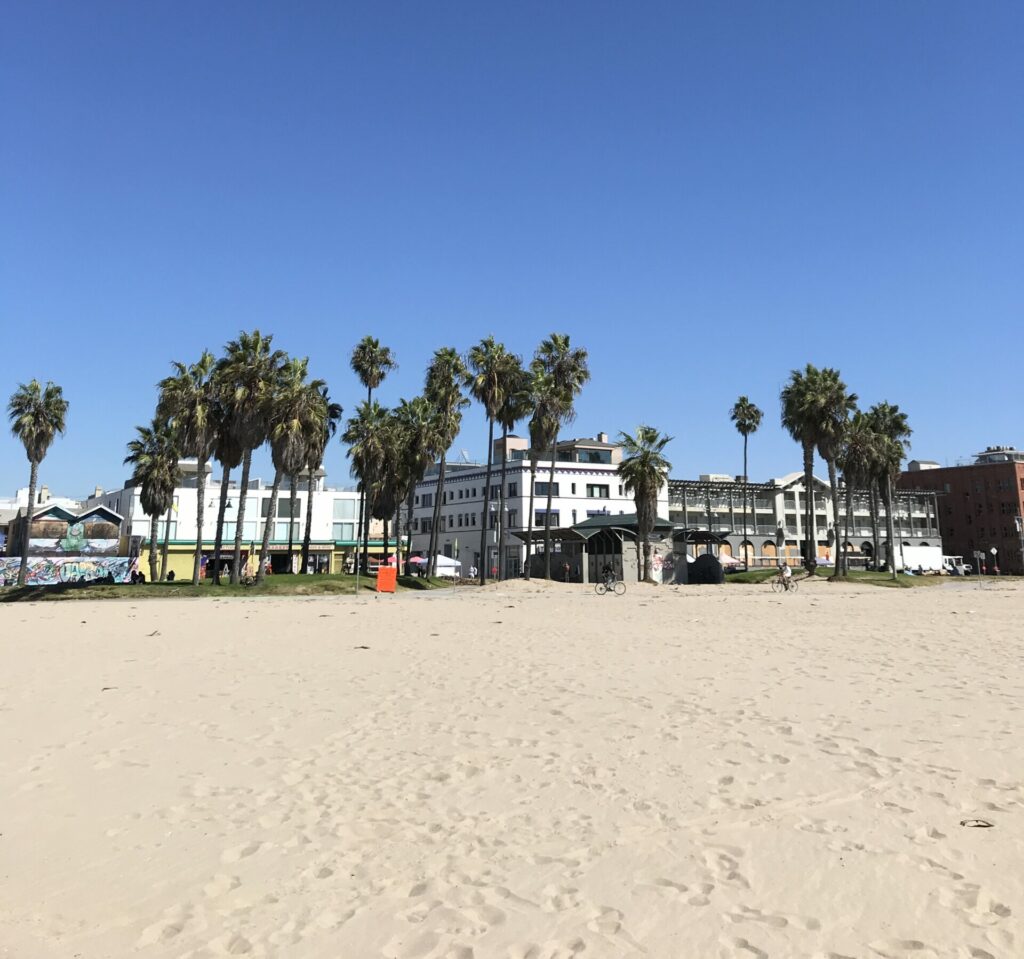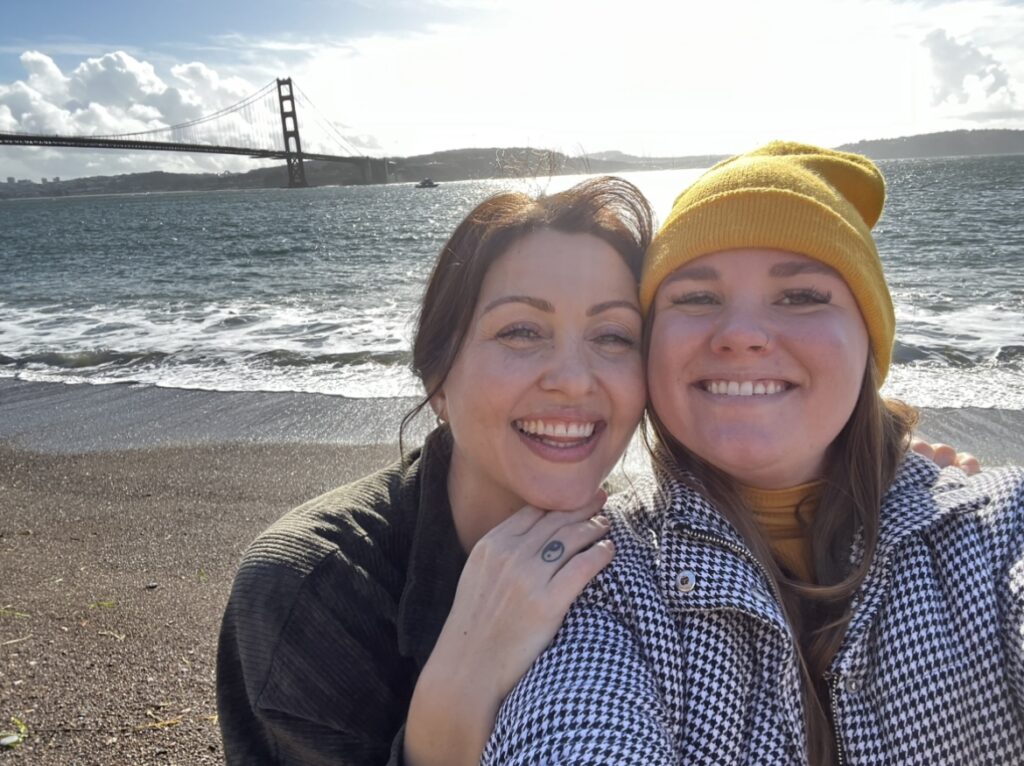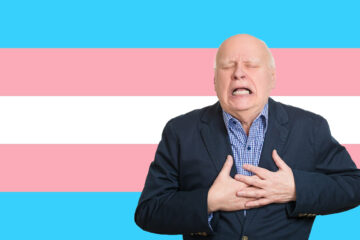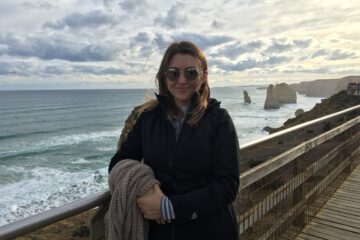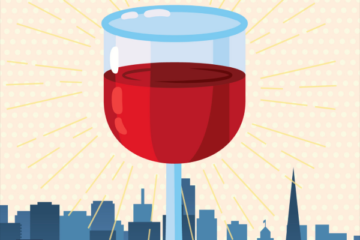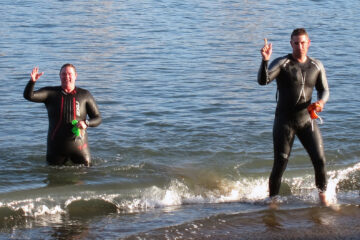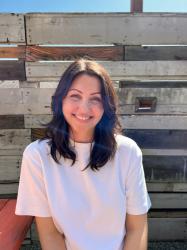What it’s Like Coming Out as Non-Binary in My Hometown
The lump in my throat grew bigger, the longer I kept my secret. I’ve come out once before, and really every time I’ve met someone new. Why is this any different?
I moved away from Sonoma to live in San Francisco as soon as I could. I was 18, going to an overpriced fashion school, and somehow found myself surrounded by a bunch of women who were all bi. They were feminine looking as well, and I thought, maybe I’m bi too. I had been questioning my sexuality for years already, and this seemed like the group I needed to be around at the time. The comfort of surrounding myself with people who owned their queerness was new to me. Just prior I was accustomed to the somewhat hush hush attitude about any gay people in my own town.
A few years later I moved to Sydney, Australia in my early 20’s. Coming out with my ex, while working at a bar surrounded by lesbians felt like the home I never knew existed. These women had a sense of confidence that was contagious. Flirting so openly with each other; carrying such a sense of pride. I thought, maybe I’m a lesbian too.
When I moved back to the States to live in LA, I began to question whether or not I was trans. That thought alone scared me, but I couldn’t ignore the fact that something didn’t feel right. I would go through periods where I wished my body was anything other than what I saw in the mirror. I wanted so badly for my outer appearance to match how I felt on the inside. Not feelings of body dysmorphia, but of gender dysphoria. I was terrified to tell anyone, because I didn’t believe that what I was feeling could be real. It would all ebb and flow and I couldn’t make sense of what was going on with me. I began following trans people on social media, and I thought, this isn’t quite right. With no one to talk to, I kept this secret to myself.
As time went on, social media prompted me to follow more trans people online. Within the trans community I found a new group of people who called themselves ‘non-binary’ or ‘genderqueer.’ I felt drawn to them and learning about their stories. I followed them for years, not understanding what my attraction to them meant.
Just before the pandemic hit, I was beginning to explore my queerness again. For the first time in years, finally going out to lesbian bars with the intention of possibly building a community. Then things shut down, work was hard to come across, and I found myself living back in the town I said I would never return to. I felt like I was back tracking in so many ways, and once I was settled in, I was struck with the harsh reality that it would be hard to be myself here. However at the same time, with more and more people coming out as non-binary online, I was somehow forced to deal with those old feelings. Could I be non-binary too?
After working though my own shit and slowly coming out to my closest friends and family, I was beginning to feel really proud of myself. Wow, I thought, this isn’t as hard as I expected. But as time went on, I found myself hiding my new identity to those I didn’t know. Homophobic comments about gay and trans people were overheard far too often, I was harassed more than once at local bars, and I was beginning to feel uncomfortable all over again. Although a small handful of people use my pronouns and gender me accurately, the majority of people choose not to try. As a white, cis/straight-looking feminine person, I had been accustomed to a certain type of privilege. Coming out as non-binary put me into a category that I was unfamiliar with.
I’ve gone through phases where I tell myself to keep going, stay strong; you’re doing this for future generations. If it’s this hard for me, imagine how hard it must be for people who do not hold the same privileges I do. But I’m also someone who struggles with depression and anxiety, and the pressure of staying strong has honestly become a bit too much at times. I’ve been patient and understanding about the learning curve, but it’s been over 2 years, and I don’t think it’s my responsibility to educate people I’ve already come out to anymore. I don’t think that it’s my responsibility to educate anyone about my identity, ever.
Coming out as non-binary has been a mostly isolating experience, besides the few connections I’ve been able to make online. This time, I didn’t have the comradery of fellow non-binary folks (in person) to share my thoughts with. I mostly had to deal with it on my own. If it’s this hard for me in a small progressive town in the Bay Area, how difficult must this be for others in less forgiving places?
I know that my privilege plays a role in this, and I feel a sense of responsibility to stay strong. However, although difficult to admit – sometimes I just wish I stayed closeted about this one. I’ve felt my mental health declining more than ever, and I think to myself often, maybe this just wasn’t the right time.
I’m beyond grateful for my circle of people who continue to support me though, because their support keeps me going.


